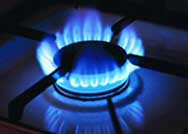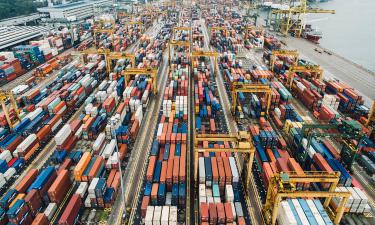Brazilian-Bolivian relations worst in memory over natural gas crisis
Relations between Brazil and Bolivia sank to their lowest point in a century Friday, as the two sparred over Bolivia's nationalization of its energy sector and threats to seize Bolivian land held by Brazilian farmers.

The escalating rhetoric between the South American neighbors marks a level of tension not seen since the two countries almost clashed over a huge swath of land in the Amazon that Bolivia eventually sold to Brazil in 1903, said David Fleischer, a political scientist at the University of Brasilia.
"That was the only time the two countries have ever had great difficulties," he said. "It was almost to the point where Brazilian troops were going to be sent in."
Brazilian Foreign Minister Celso Amorim said Friday he could not rule out the option of his government pulling its ambassador from La Paz if Bolivia seizes assets from Petroleo Brasileiro SA, or Petrobras, without compensation as part of its energy-sector nationalization.
"We will act firmly, but not hastily," Amorim told reporters in Vienna on the sidelines of a European Union-Latin America summit.
Just hours earlier in La Paz, Bolivian energy minister Andres Soliz Rada said Petrobras should be left out of plans to build a US$25 billion (Ђ19 billion), 9,000-kilometer (5,600-mile) pipeline that would link Venezuela's vast natural gas reserves through Brazil to Argentina, with branches extending to Bolivia, Paraguay and Uruguay.
Soliz' comments came almost simultaneously with a Petrobras statement that the company is "indignant" about Morales' blunt accusation from Vienna that Petrobras operated under illegal contracts in the Andean nation, home to South America's second largest natural gas reserves after Venezuela.
Morales on May 1 nationalized Bolivia's hydrocarbons industry, sending in the military to guard natural gas installations. He ordered foreign operators who took over the business after a 1990s Bolivian privatization wave to renegotiate contracts and give majority control to Bolivia and its cash-strapped state-owned oil company.
Petrobras is the largest foreign natural-gas producer in Bolivia, has invested more than US$1.5 billion (Ђ1.18 billion) there and owns two refineries that process virtually all the nation's gas. Brazil is the largest importer of Bolivian gas, using it for industrial power generation, for cooking and as fuel for cars, reports AP.
O.Ch.
Subscribe to Pravda.Ru Telegram channel, Facebook, RSS!




